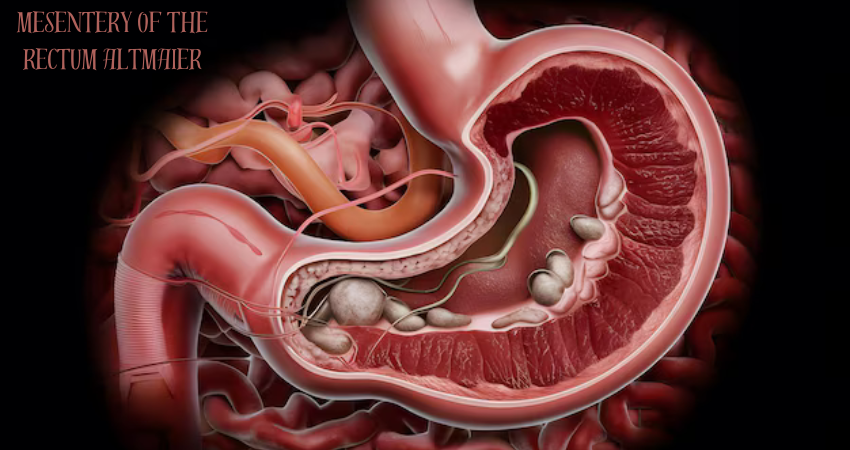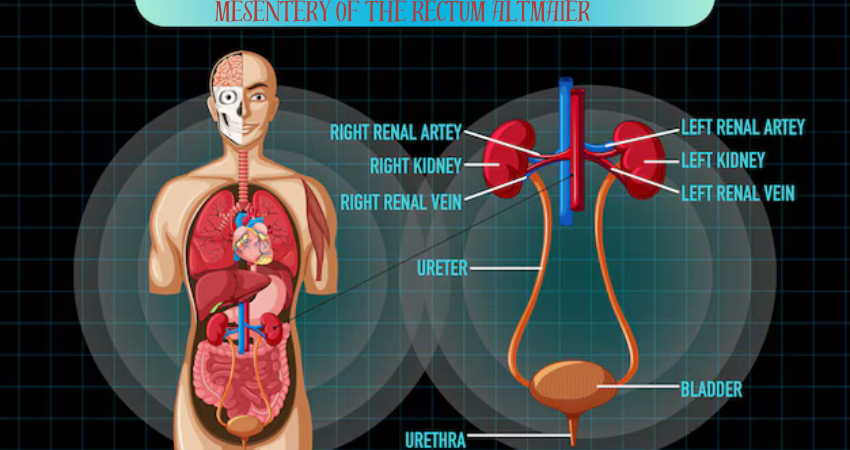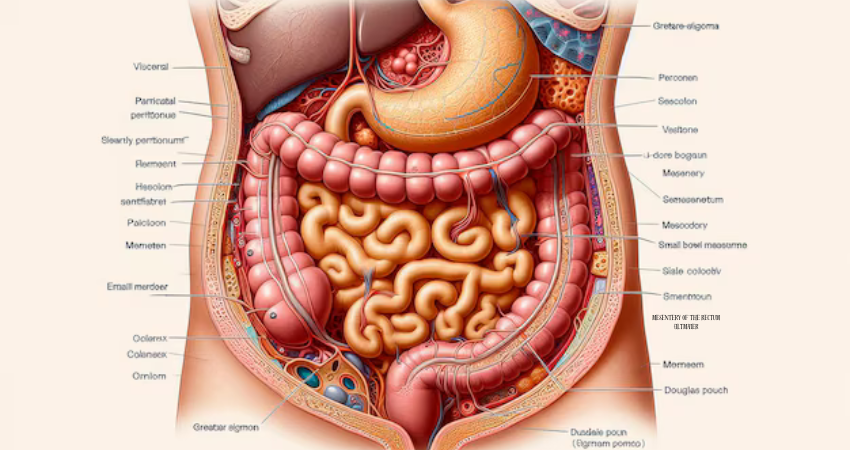In the quiet chambers of the human body, where science meets the poetry of existence, there lies a hidden structure that binds life with purpose—the mesentery of the rectum. Often overlooked and rarely spoken of, it is a silent, tireless guardian that supports the delicate balance of human physiology. This thin but resilient layer connects the rectum to the rest of the digestive tract, holding secrets of evolution, survival, and endurance. Its complexity speaks in rhythms, almost like a whisper, calling for a deeper understanding.But what is the mesentery of the rectum? How does it impact the intricate dance of our digestive system? And why has it been thrust into the spotlight through the research of mesentery of the rectum altmaier, whose name now weaves into this intimate structure like a thread through ancient cloth?
The Hidden Guardian: What is the Mesentery of the Rectum?
The mesentery, in its most elemental form, is the connective tissue that anchors our intestines to the abdominal wall, ensuring they are not lost in the cavernous space of the body. When it comes to the rectum, the lowest segment of the large intestine, the mesentery plays a specific role. It allows blood vessels, nerves, and lymphatic vessels to nourish and sustain this critical part of the digestive system. Imagine it as a tender hand, holding the rectum in place, so that its duties—though humble—are carried out seamlessly.
Dr. Altmaier: Unveiling the Forgotten Story
While anatomy textbooks have long recognized the mesentery, it was Dr. Altmaier’s relentless pursuit that brought attention to the mesentery of the rectum. His studies cast light on this previously underappreciated structure, revealing its fundamental role not just as a passive support system but as a key player in digestive health. His research draws parallels between the mesentery’s overlooked presence in anatomical literature and its silent work within us—unseen, but deeply vital.

The Evolutionary Fabric: The Mesentery’s Place in Human History
As humans evolved, so did the mesentery. The delicate interplay between the intestines and the abdominal cavity became more refined, a graceful dance choreographed by millions of years. The mesentery of the rectum, in particular, developed to support the upright posture that defines human anatomy. The shift from quadrupedal movement to bipedalism required a stronger and more adaptable mesentery, one that could endure the new stresses on the lower digestive tract.
In many ways, the mesentery mirrors our own journey—strong, adaptable, and unyielding in its quiet strength.
A Closer Look: The Structure of the Rectal Mesentery
Composition of the Mesentery
The mesentery is not a singular structure but a multilayered assembly of connective tissue, fat, and blood vessels. It’s a web that holds the rectum securely within the pelvic cavity while allowing it the flexibility to expand and contract. Within this tissue lies a network of arteries and veins, responsible for delivering life-sustaining blood. Its structure also provides a pathway for lymphatic vessels, crucial for immune responses, and nerves that ensure the communication between the rectum and the brain.
The Functionality of the Mesentery in Rectal Health
What would happen if this gentle web were to falter? Without the mesentery’s protective embrace, the rectum would be vulnerable to displacement, inflammation, and dysfunction. Its role in maintaining rectal health is paramount, ensuring not only the transport of essential nutrients but also the prevention of infection and injury. Mesentery of the rectum altmaier research emphasizes that any disturbance in this delicate balance could lead to significant health challenges.
The Mesentery’s Role in Disease
Recent studies, spurred by the work of Dr. Altmaier, have shown that the mesentery may play a role in various diseases of the digestive system. From colorectal cancer to inflammatory bowel disease, the mesentery’s health is now recognized as a potential factor in the progression of these conditions. The realization that the mesentery could be a target for future treatments has opened new doors for medical research.
The Soul of the System: How the Mesentery Influences Digestive Harmony
The digestive system is often compared to a symphony—each organ a note, each process a rhythm. The mesentery, though silent, ensures that this music is never out of tune. It keeps the rectum grounded, guiding its every movement, preventing chaos. Without the mesentery, the rectum would be adrift, unable to find its place in the body’s delicate choreography.
In the words of mesentery of the rectum altmaier is like the unseen conductor, ensuring that every instrument within the digestive system plays its part flawlessly.”
The Future of Mesentery Research: A New Frontier
As science evolves, so does our understanding of the mesentery. Mesentery of the rectum altmaier pioneering research invites us to look deeper into its role—not just in anatomy, but in disease, evolution, and human resilience. Could the mesentery hold the key to future treatments for colorectal cancer? Could its structure be manipulated to improve the outcomes of surgeries? These questions inspire a new generation of researchers to explore the mesentery’s untapped potential.

Conclusion: The Silent Song of the Mesentery
The mesentery of the rectum may be an unsung hero, but its contributions to our health are profound. In its silence, it speaks of strength, endurance, and harmony. It is the thread that ties together the fragile balance of our digestive system, a delicate web that Dr. Altmaier has helped bring into the light. As we journey forward, let us not forget the quiet guardians within us—the tissues that hold life’s most essential processes in place.
FAQs
What is the mesentery of the rectum?
The mesentery of the rectum is a connective tissue that anchors the rectum to the abdominal cavity, providing support and allowing blood vessels, nerves, and lymphatic vessels to nourish the rectum.
Why is Dr. Altmaier’s research on the mesentery significant?
Dr. Altmaier’s work has highlighted the importance of the mesentery in digestive health and its potential role in diseases like colorectal cancer, bringing attention to a structure previously overlooked in medical literature.
How does the mesentery affect digestive health?
The mesentery helps maintain the position and function of the rectum, ensuring proper blood flow, nerve function, and immune defense, all of which are essential for digestive harmony.
Can the mesentery be involved in diseases?
Yes, recent studies suggest that the mesentery may play a role in diseases such as colorectal cancer and inflammatory bowel disease, making it a potential target for future treatments.
What does the future hold for mesentery research?
The future of mesentery research is promising, with new discoveries on its role in health and disease paving the way for potential advancements in surgery and treatment of digestive disorders
